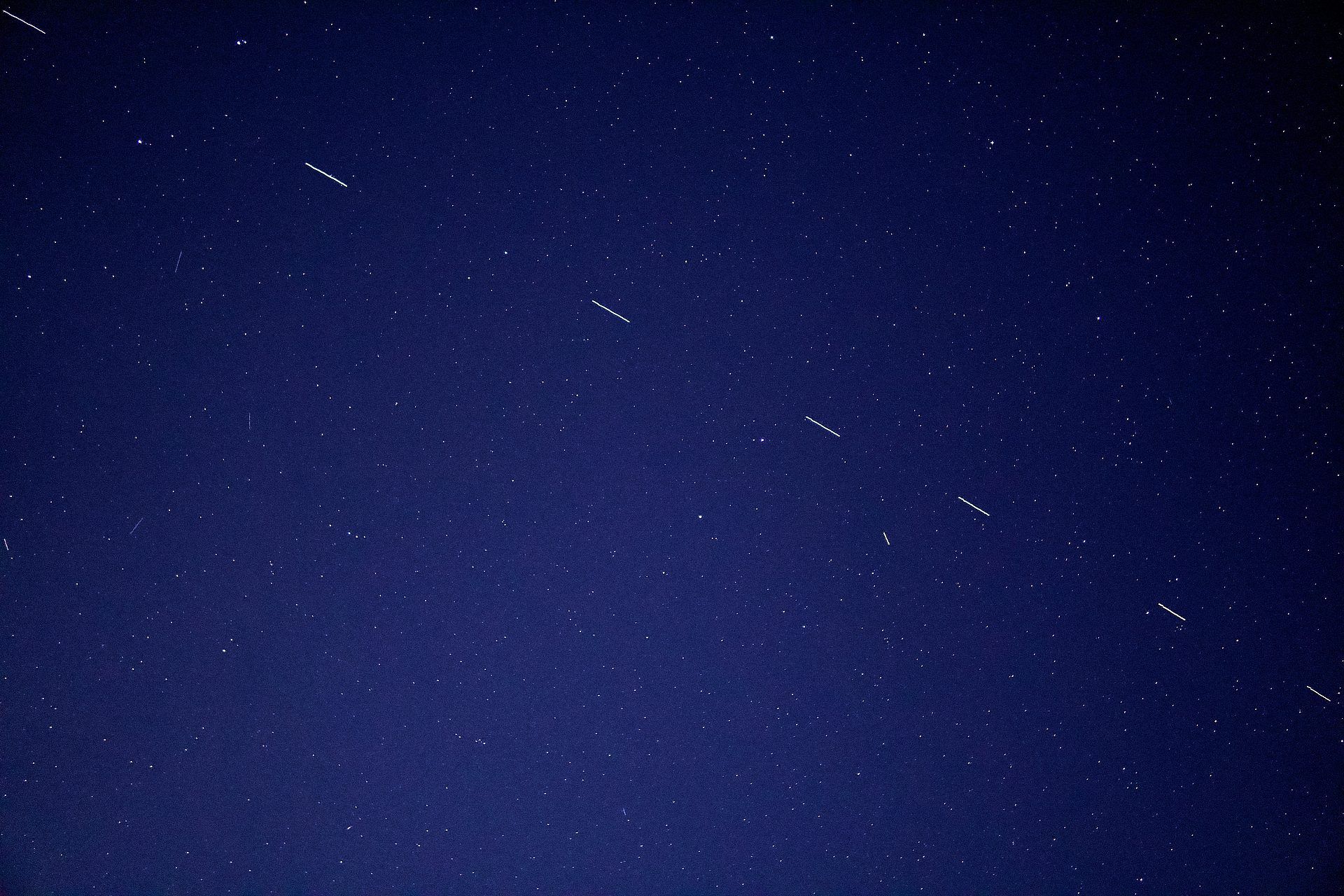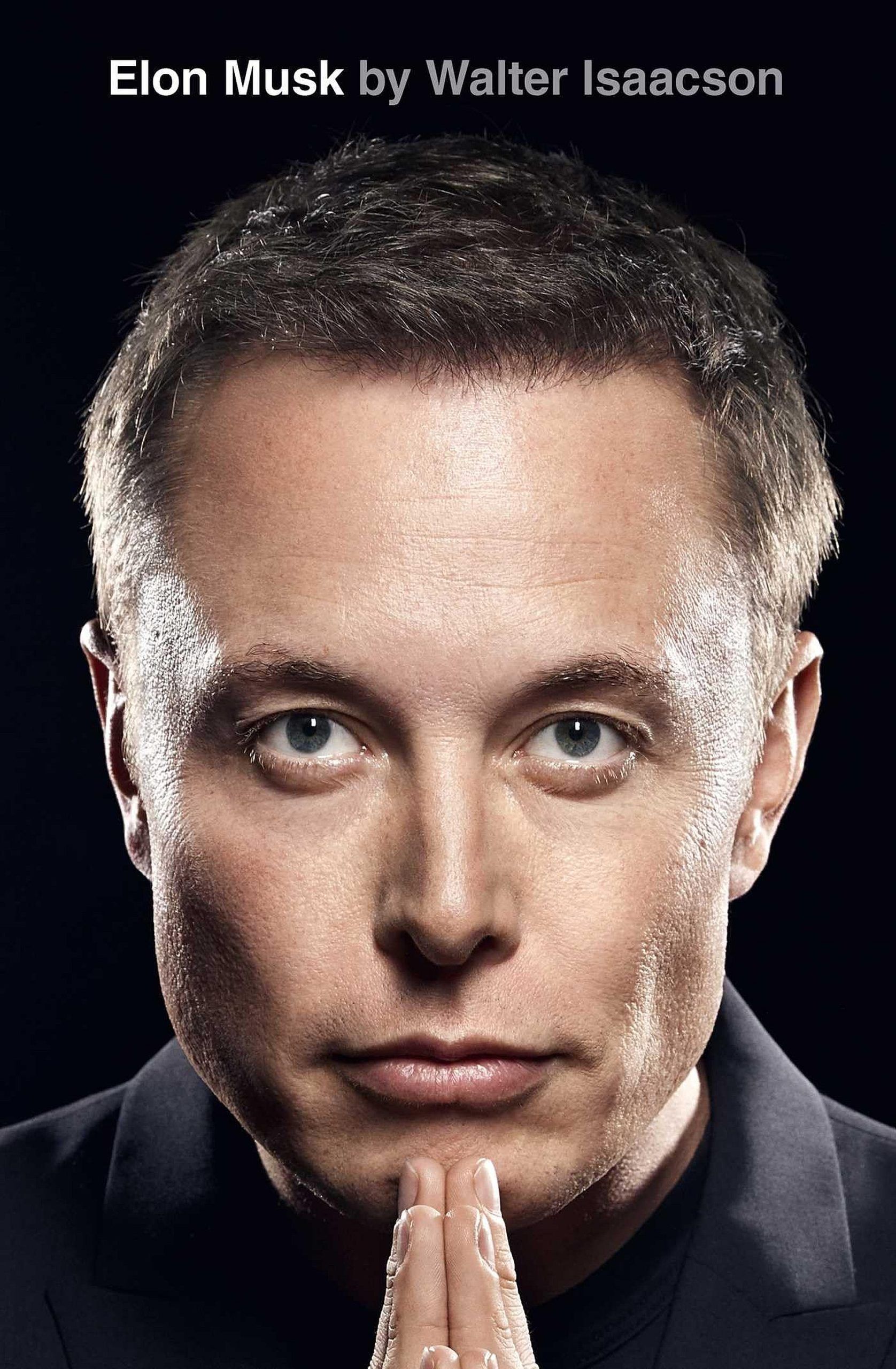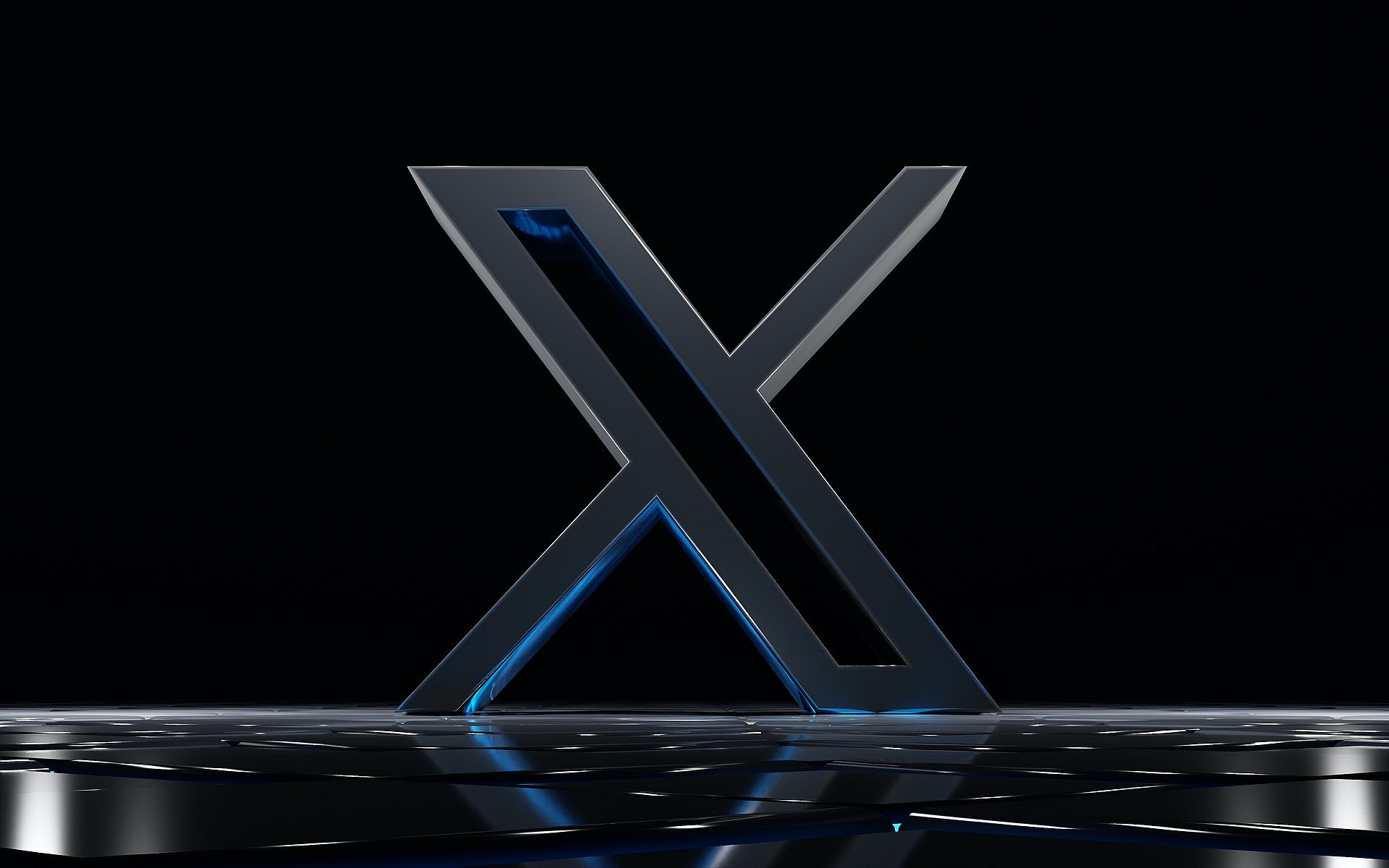Elon Musk, Starlink, Ukraine, and failed drone attacks take the Internet by storm, all thanks to Walter Isaacson’s Elon Musk biography.
In a surprising revelation from the upcoming biography, “Elon Musk,” it has been alleged that the tech mogul ordered the temporary shutdown of his Starlink satellite communications network during a critical moment in the Ukraine conflict. This bold move was reportedly aimed at thwarting a Ukrainian drone attack on Russian warships near the Crimean coast.
Elon Musk stopped Ukraine’s drone attack by turning off Starlink
According to Isaacson’s Elon Musk biography, the incident occurred when armed submarine drones were closing in on their intended targets but suddenly lost connectivity and washed ashore harmlessly. It’s worth noting that this isn’t the first time Musk threatened to withdraw Starlink communications during the Ukraine conflict. Still, it is the first time he is alleged to have actually done it during a specific operation.

The biography does not specify the exact date of this episode, but Musk reportedly described it as a “mini Pearl Harbor.” Ukrainian forces involved in the operation were said to be operating within their internationally recognized territorial waters.
Starlink is for Netflix, not drone strikes
The motivation behind Musk’s decision appears to be his concern that a Ukrainian attack on Russian-occupied Crimea could provoke a nuclear response from Vladimir Putin’s Russia. He is reported to have expressed his belief that Ukraine was “going too far” in threatening to inflict a “strategic defeat” on the Kremlin.
Initially, Musk had agreed to supply Starlink hardware to Ukraine after Russia’s full-scale invasion disrupted Ukrainian communications. However, as Ukraine successfully repelled the initial Russian assault and began to counterattack, Musk began to have second thoughts.
In an interview with Isaacson, Musk expressed his frustration, saying, “How am I in this war? Starlink was not meant to be involved in wars. It was so people can watch Netflix, chill, get online for school, and do good, peaceful things, not drone strikes.”

“The person who changed the world” did not change his mind
At the time of the submarine drone attack, Mykhailo Fedorov, one of Ukraine’s deputy prime ministers, made a heartfelt plea to Musk to restore Starlink communications. Fedorov reportedly told Musk, “I just want you – the person who is changing the world through technology – to know this.”
However, Musk refused to comply with the request, asserting that Ukraine had gone too far and was inviting strategic defeat. This decision had significant implications, as it potentially disrupted critical communications for Ukrainian forces during the operation.
If you want to check Isaacson’s Elon Musk biography, which is the best seller right now, by yourself, click here.

Twitter’s role and Musk’s influence on the conflict
Elon Musk’s involvement in the Ukraine conflict isn’t limited to his actions regarding Starlink. He has also faced criticism for echoing Russian talking points on his social media platform, X (formerly Twitter). Musk’s suggestions, such as handing some parts of eastern Ukraine to Russia, have raised eyebrows and fueled discussions.
A recent study by the European Commission highlighted the role of X under Musk’s ownership in disseminating Russian propaganda about the Ukraine war. The study revealed that Kremlin-backed accounts had expanded their reach and influence, partly due to changes in X’s safety standards.

The allegations that Elon Musk ordered the temporary shutdown of Starlink during a critical military operation raise questions about the involvement of tech giants in geopolitics. Musk’s actions reflect the complex intersection of technology, communication, and global politics. As the biography by Walter Isaacson sheds light on this episode, it will undoubtedly spark further debate and analysis about the influence and responsibilities of tech industry leaders in an increasingly interconnected world.





